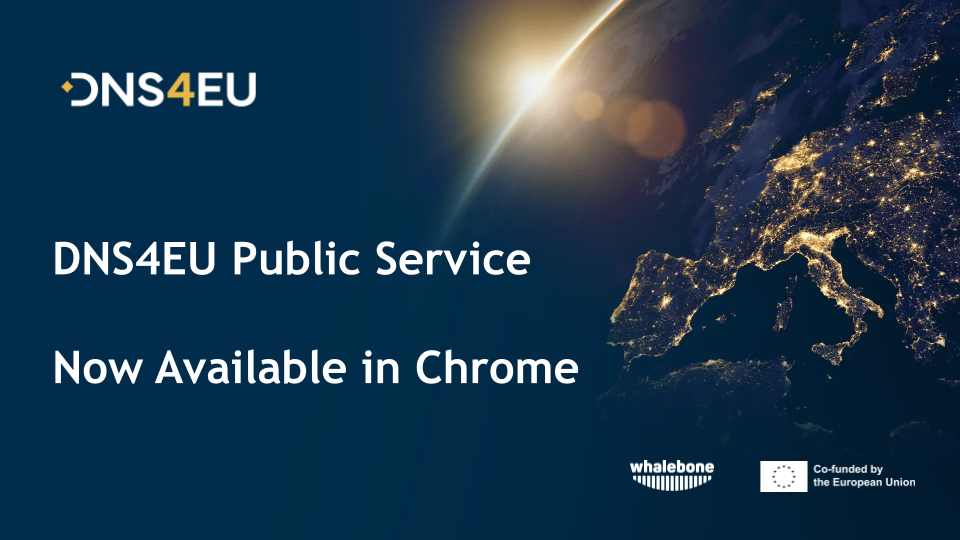In this blog post, you will learn about the essential concept of DNS (Domain Name System) and how it functions as the backbone of the internet, making it possible for you to access your favorite websites with ease.
Have you ever wondered how the internet knows where to take you when you type a website's name into your browser? Think of the DNS system as a digital map that helps your device find the website's exact location, known as its IP address. This IP address is like a secret code that guides your device to the right computer where the website is stored. So, DNS acts like a traffic controller for the internet, making it easy for you to access websites without having to deal with complex numbers.
When you type a web address, it's the DNS resolver's job to find the correct IP address for that name. You can think of the DNS resolver as a friendly librarian in a massive library who helps you find the right book. The resolver tracks down the IP address so your device can connect to the right computer and display the website you want to see.
Now, let's talk about DNS protection. This means putting security measures in place to keep the DNS system safe from bad actors online. It's like putting a strong fence around a playground to make sure no one can disrupt the games or harm the players. This helps maintain a fair and safe online environment by preventing sneaky individuals from accessing or tampering with the DNS, which could be used for harmful purposes
DNS resolvers play a significant role in cybersecurity by helping to protect your online activities. Here's how they contribute:
- Malware and Phishing Protection: Many DNS resolvers include security features that block access to websites known for hosting malware, phishing scams, or other malicious content. When you try to visit a harmful site, the resolver can prevent your device from connecting, keeping you safe from potential threats.
- Content Filtering: DNS resolvers can also be configured to filter out certain types of content, which can be especially important for families, businesses, or organizations. This feature can help prevent access to inappropriate or unsafe websites, adding an extra layer of protection.
- Domain Blocking: DNS resolvers can block access to specific domains that are known to be associated with cybercriminal activities, botnets, or other malicious networks. This prevents your devices from inadvertently connecting to these dangerous sources.
- DDoS Protection: Some advanced DNS resolvers provide protection against Distributed Denial of Service (DDoS) attacks. By intelligently distributing incoming traffic, these resolvers can help prevent overwhelming a website's servers, ensuring that legitimate users can still access the site during an attack.
- Privacy Enhancement: Certain DNS resolvers focus on enhancing your online privacy by not logging your browsing history. This prevents third parties from tracking your activities and helps maintain your anonymity while browsing.
- Enhanced Security Protocols: DNS resolvers can support DNSSEC (Domain Name System Security Extensions), a technology that adds a layer of authentication and integrity to DNS responses. This helps prevent DNS spoofing and ensures that the websites you connect to are the ones you intended to visit.
DNS resolvers contribute to cybersecurity by filtering out malicious content, preventing access to harmful websites, protecting against DDoS attacks, enhancing privacy, and implementing security protocols to ensure the integrity of your online interactions.
Learn more about DNS4EU and what is the role of the European DNS resolver.



